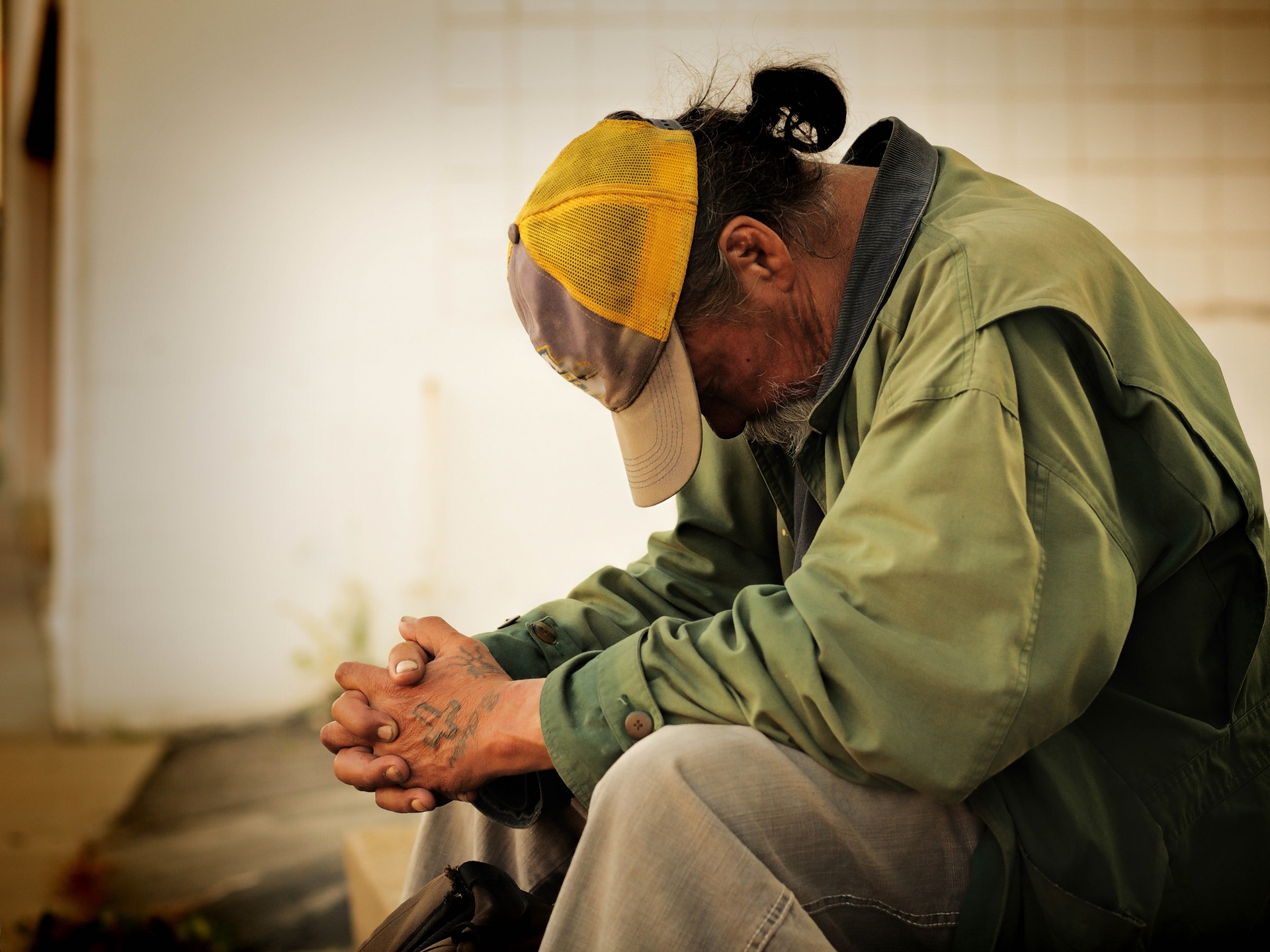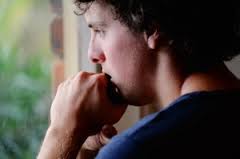What are the Signs of Dolophine Abuse and How is it Treated?
Dolophine is one of the brand names for methadone. Unfortunately, like all of the other forms of methadone, Dolophine is addictive. If you or someone you love is on Dolophine, it is important that you understand what the signs of Dolophine abuse are, what the dangers are, and how it is treated.
Signs Dolophine Abuse
Most of the signs of Dolophine abuse are simple to spot. According to the Mayo Clinic, the signs of abuse are:
- Euphoria
- Constipation
- Slow or labored breathing
- Confusion
- Drowsiness
- Lack of coordination
- Increased tolerance to pain
- Increased tolerance to Dolophine
- Needing more and more of the drug
- Stealing prescriptions
- Stealing money or objects to obtain Dolophine
- Doctor shopping
- Mood swings
- Hostile behavior particularly when confronted about Dolophine abuse
- Changes in habits
- Changes in sleep patterns
- Changes in appetite
- Taking more than the prescribed amount of Dolophine
Many of these signs appear too late to stop the addiction without severe withdrawal or treatment. Dolophine is a powerful opioid, which makes the withdrawal from it very difficult and dangerous. If you are showing the signs of Dolophine abuse, call 800-994-1867Who Answers?.
What are the Dangers of Dolophine Abuse?

Dolophine abuse can lead to legal and financial issues.
There are many dangers associated with opioid abuse in general and Dolophine abuse specifically. According to the Justice Department, the dangers are:
- Withdrawal
- Overdose
- Legal issues due to arrest
- Financial issues due to purchasing the drug illegally
It is important to remember that doctors use Dolophine in many of the treatments for opiate and opioid addiction treatment. If a person takes it exactly as it is prescribed, the chances of these dangers happening is very slim. It is only when someone abuses the Dolophine that it becomes a problem.
How is Dolophine Abuse Treated?
There are a few different treatment methods for Dolophine abuse. The type of treatment a person chooses is determined by their needs and treatment goals.
Medication assisted treatment
Medication assisted treatment is the most common form of opioid addiction treatment. It involves both medication and behavioral counseling. The medications that are useful in medication assisted treatment are:
- Buprenorphine
- Suboxone
- Naltrexone
The counseling methods they usually use are:
- Behavioral therapy
- Motivational enhancement therapy
- Contingency management therapy
- 12 step facilitation therapy
These counseling methods are useful in all types of treatment for opioid and opiate addiction treatment.
Medication Maintenance treatment
If a person chooses to remain on the medication for the duration of their treatment and others will remain on the medication permanently. Medication maintenance treatment is useful when someone chooses to remain on the medication. In this treatment, the Dolophine is simply replaced by another medication such as buprenorphine or Suboxone.
Behavioral Treatment
Behavioral treatment alone does not involve medications but might be used along with medication assisted treatment and medication maintenance treatment. It is essential that someone who is abusing Dolophine:
- Find out what caused the abuse
- Deal with the consequences of abuse
- Repair their support network
- Find and treat any physical or mental issues that are underlying
Behavioral treatment helps to accomplish this.
Finding Dolophine Abuse Treatment
If you are showing the signs of Dolophine abuse, chances are you need treatment. To find the right treatment center for your Dolophine addiction, call 800-994-1867Who Answers?. We can help.
